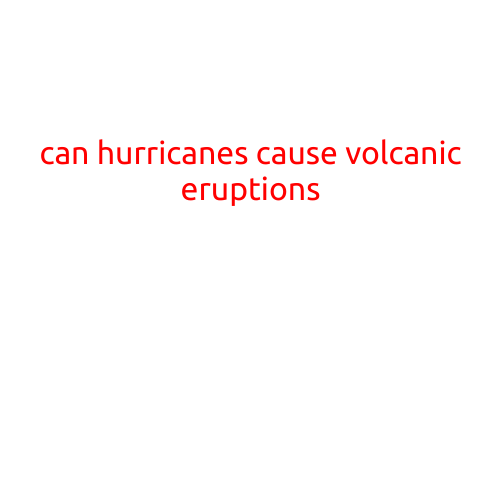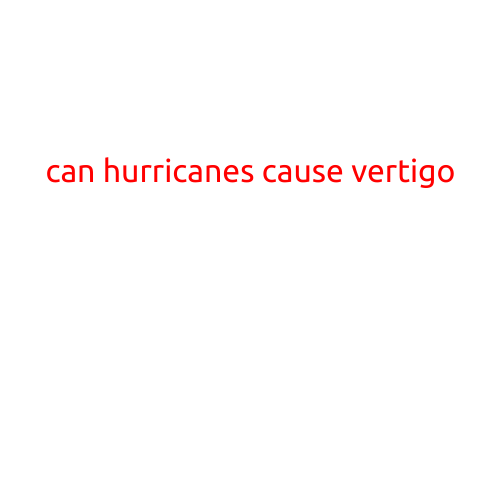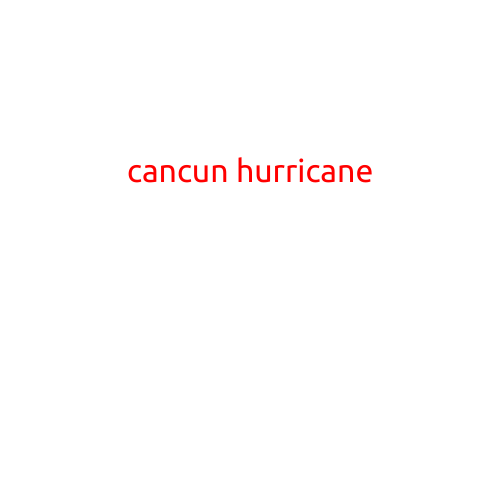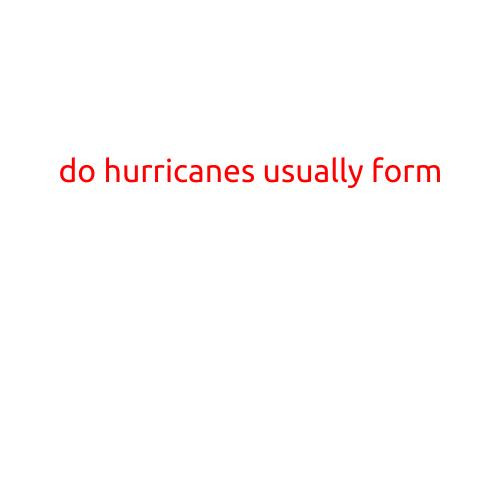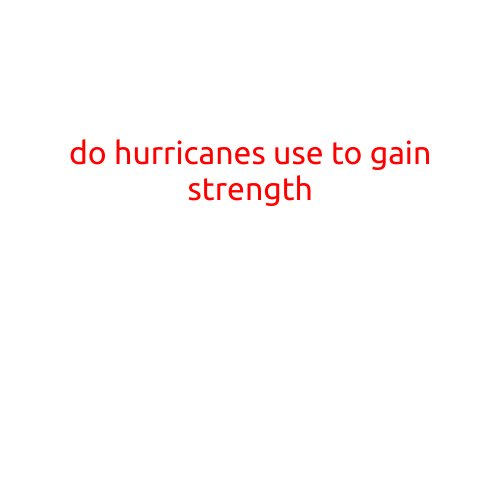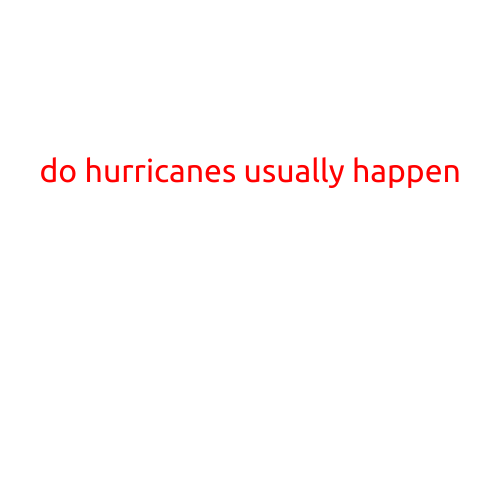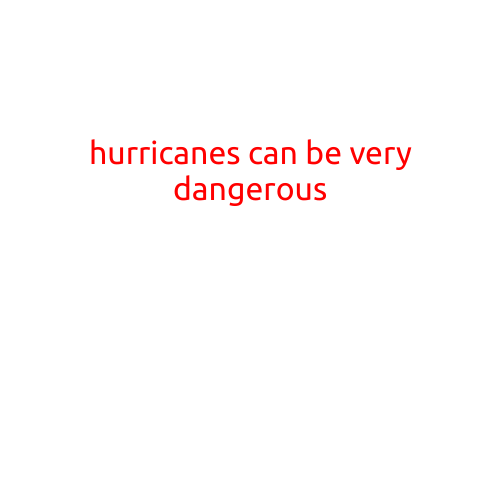
Hurricanes Can Be Very Dangerous
As the Atlantic hurricane season approaches, it’s essential to understand the severity of these powerful storms and take necessary precautions to ensure your safety. Hurricanes are massive storms that form over the ocean, characterized by strong winds, heavy rainfall, and storm surges. They can cause catastrophic damage to property, disrupt communities, and claim lives.
The Dangers of Hurricanes
- Wind Damage: Hurricanes can bring sustained winds of over 150 mph, capable of destroying homes, businesses, and infrastructure. The strong winds can also cause power outages, knocking down trees, and damaging critical infrastructure like hospitals, schools, and emergency services.
- Flooding: Storm surges, heavy rainfall, and storm debris can cause flooding, which can be deadly and destructive. Flooding can also contaminate water sources, spread disease, and cause sewage backups.
- Storm Surge: A storm surge is a rise in sea level caused by the storm, which can inundate coastal areas, destroying homes, and taking lives.
- Tornadoes: Hurricanes can spawn tornadoes, which can cause additional damage and loss of life.
- Power Outages: Strong winds can cause power lines to snap, leaving communities without electricity, water, or communication.
- Travel Disruptions: Hurricanes can disrupt air and ground transportation, making it difficult for people to evacuate or seek shelter.
- Public Health Risks: Floodwaters can contaminate water sources, spread disease, and cause sewage backups, posing serious public health risks.
- Economic Disruption: Hurricanes can cause significant economic losses, disrupting businesses, industries, and entire communities.
Preparation is Key
While hurricanes are inherently dangerous, there are steps you can take to prepare and minimize the impact of these storms:
- Stay Informed: Monitor weather reports, sign up for emergency alerts, and follow local authorities’ guidance.
- Create a Plan: Develop a family emergency plan, including a communication plan, evacuation route, and meeting point.
- Stock an Emergency Kit: Assemble a kit with essentials like food, water, first aid supplies, and a battery-powered radio.
- Board Up: Secure outdoor furniture, remove outdoor decorations, and board up windows to prevent damage.
- Evacuate: If ordered to evacuate, do so promptly and follow evacuation routes.
- Stay Safe: Avoid traveling, stay away from flooded areas, and avoid downed power lines and standing water.
Conclusion
Hurricanes can be devastating, but with preparation, awareness, and timely action, you can reduce the risk of injury or loss. Stay informed, create a plan, and take the necessary steps to ensure your safety and the safety of those around you. Remember, preparation is key, and by taking these simple steps, you can help minimize the impact of a hurricane and ensure a safer, more resilient community.
